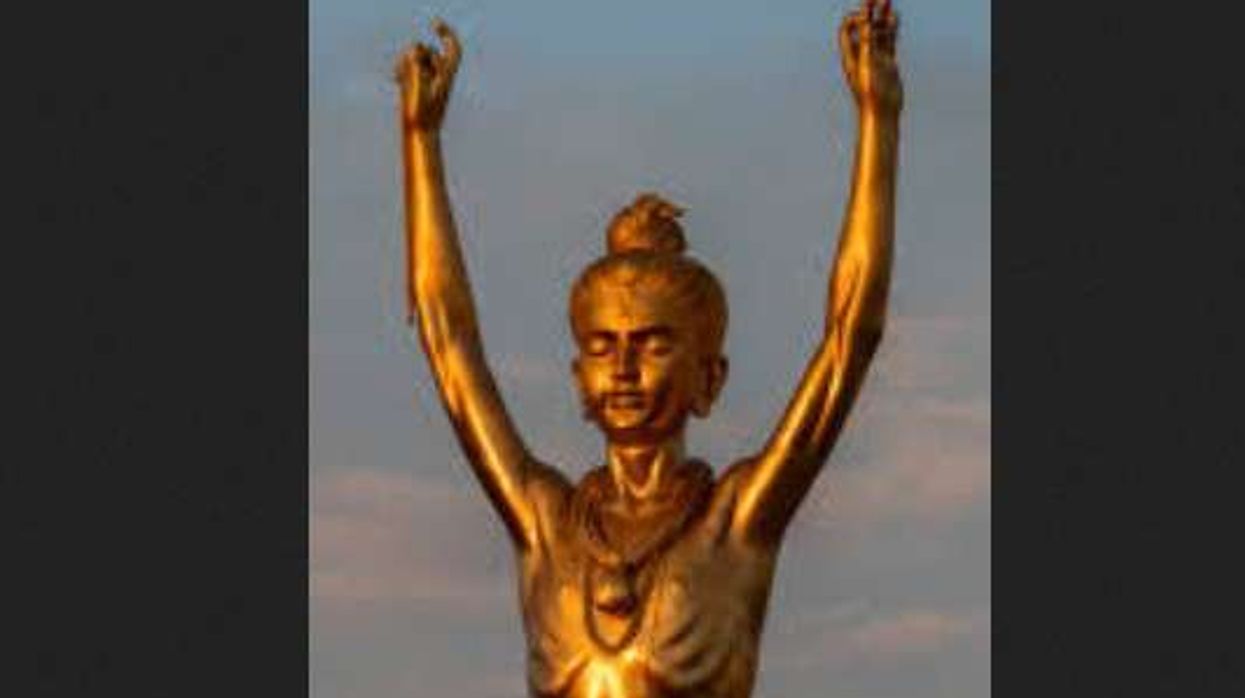Nearly one million Rohingya Muslims marked Eid al-Adha on Wednesday (22) in the world's largest refugee camp, almost a year to the day since a brutal military crackdown drove the persecuted minority from Myanmar in huge numbers.
Prayers were offered in makeshift mosques across southern Bangladesh to celebrate the Islamic festival of sacrifice as cows were slaughtered in muddy fields across the sprawling camps.
In Kutupalong, a gigantic hill settlement crammed with hundreds of thousands of refugees, a muezzin called the faithful to pray as children played on a wooden carousel and ran about in dirt alleyways in new clothes for the special day.
For many refugees, this Eid al-Adha is the first since their violent expulsion from western Myanmar a year ago in a campaign of orchestrated violence likened by US and UN officials to ethnic cleansing.
Myanmar's military, backed by armed Buddhist militias, began sweeping through Rohingya villages in August 2017 just days before Eid celebrations got underway.
Sayed Hussain spent last year's Eid hiding in the hills of Rakhine State after fleeing an attack on his village.
"We couldn't sacrifice cows there. We didn't have anything to eat. In Bangladesh... we can slaughter cows. Praise and thanks be to Allah," the 19-year-old said.
Mohammad Jasim, a 16-year-old refugee born and raised in Kutupalong camp, was grateful his relatives in Myanmar had escaped the violence last year to join his family in Bangladesh.
"This year's Eid is much better than previous years. All my relatives are here, so we're having a good time."
- Sombre celebrations -
Muslims traditionally sacrifice animals for the three-day Eid al-Adha feast, a tribute to the prophet Abraham slaughtering a lamb after God spared Ishmael, his son.
Those able to make the sacrifice known as qurbani will consume some of the meat and give the rest to the poor unable to buy food.
In Cox's Bazar near the Bangladesh-Myanmar border, where squalid camps host generations of Rohingya refugees expelled from western Myanmar, there is much need, and little to go around.
Cows, goats and sheep flooded local markets catering to the displaced Muslims in the lead up to Eid.
Some better-off families pooled whatever cash they could muster to make the Islamic sacrifice, buying shares in a cow or goat.
But for most refugees, such luxuries are wildly beyond their means.
Barred from legally working, and surviving hand to mouth on charity, this Eid has for many been overshadowed by the misery in Bangladesh.
The sight of animals being fattened for slaughter taunted Mohammad Amin, a teenager who remembered the home-cooked meat delicacies and special gifts reserved for the holiest Islamic festivity back home.
"But here, we don't have any money to slaughter cows or buy new clothes," the downcast 15-year-old said at Jamtoli camp, a new settlement for recently arrived refugees.
The influx of refugees delivered a bumper year for Bangladeshi livestock trader Aktar Hussain and others like him, who counted wads of cash at a busy cattle market market adjacent to the camps.
"This has been my best year yet," he said, as prospective Rohingya buyers examined a sturdy brown cow in a muddy clearing.
"Last year, I sold 15 cows at Eid. This year, I've already sold 50."
The festival differs from Eid al-Fitr, the other major festival in the Islamic calendar, which was celebrated in June in Muslim-majority Bangladesh after the fasting month of Ramadan.











